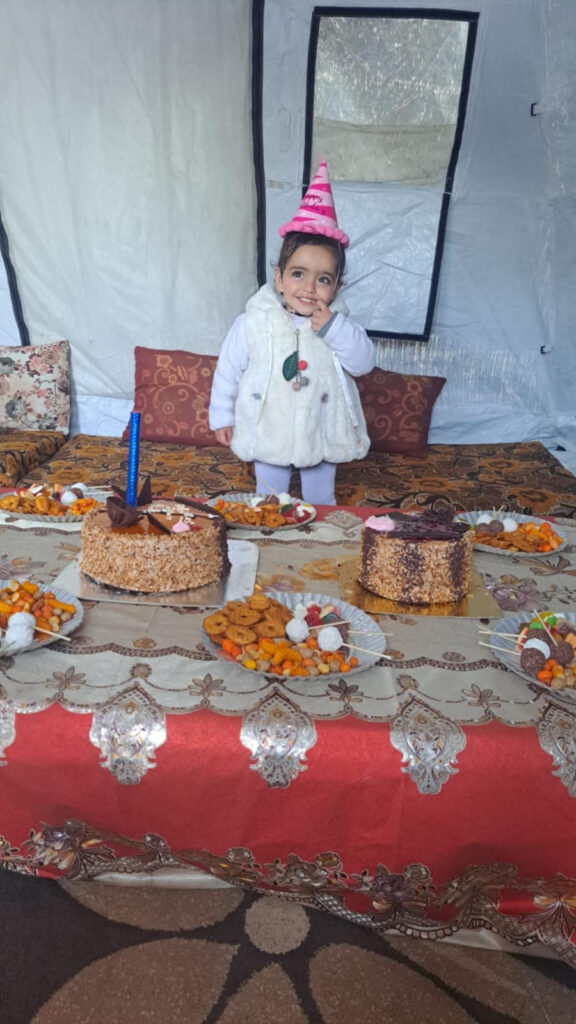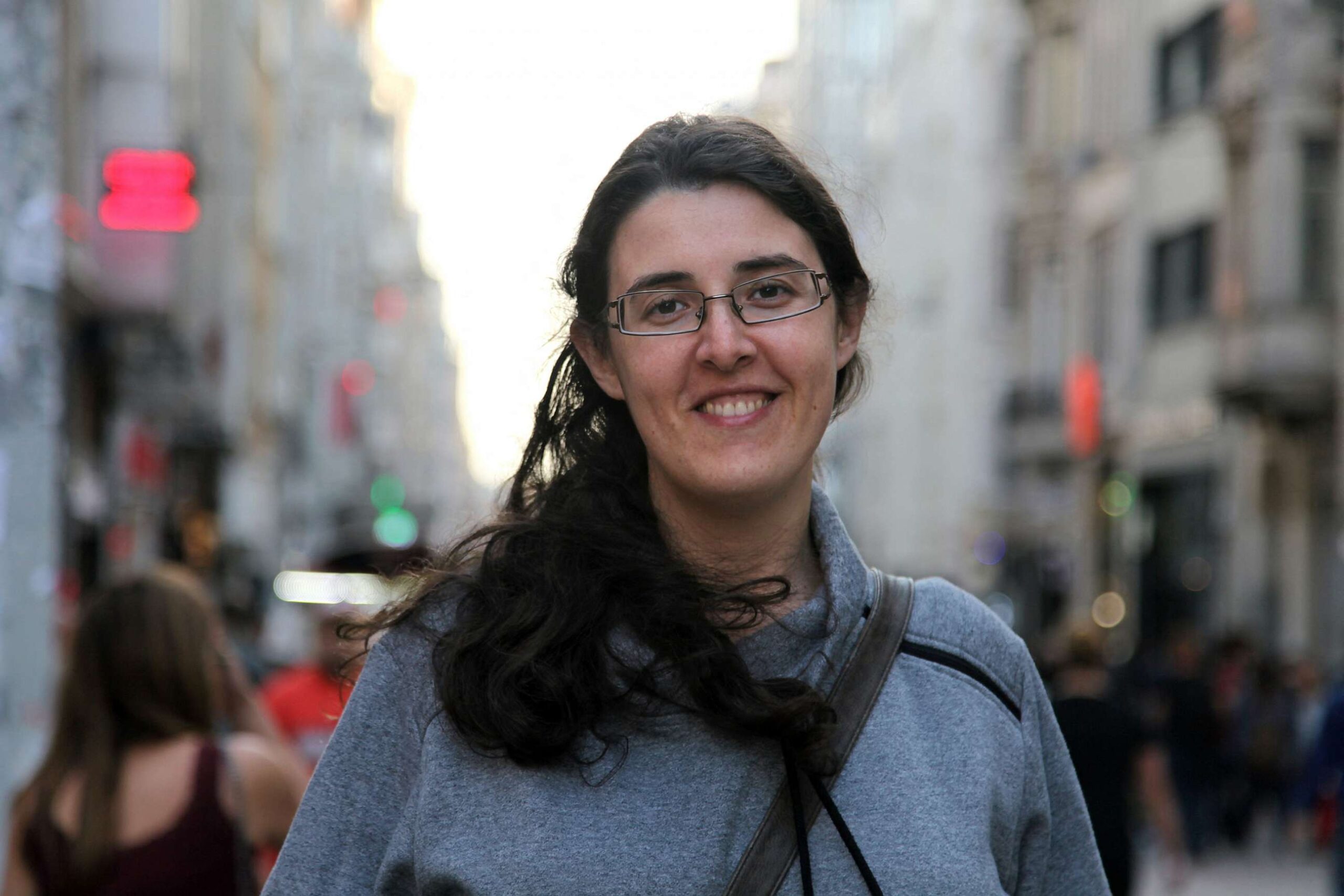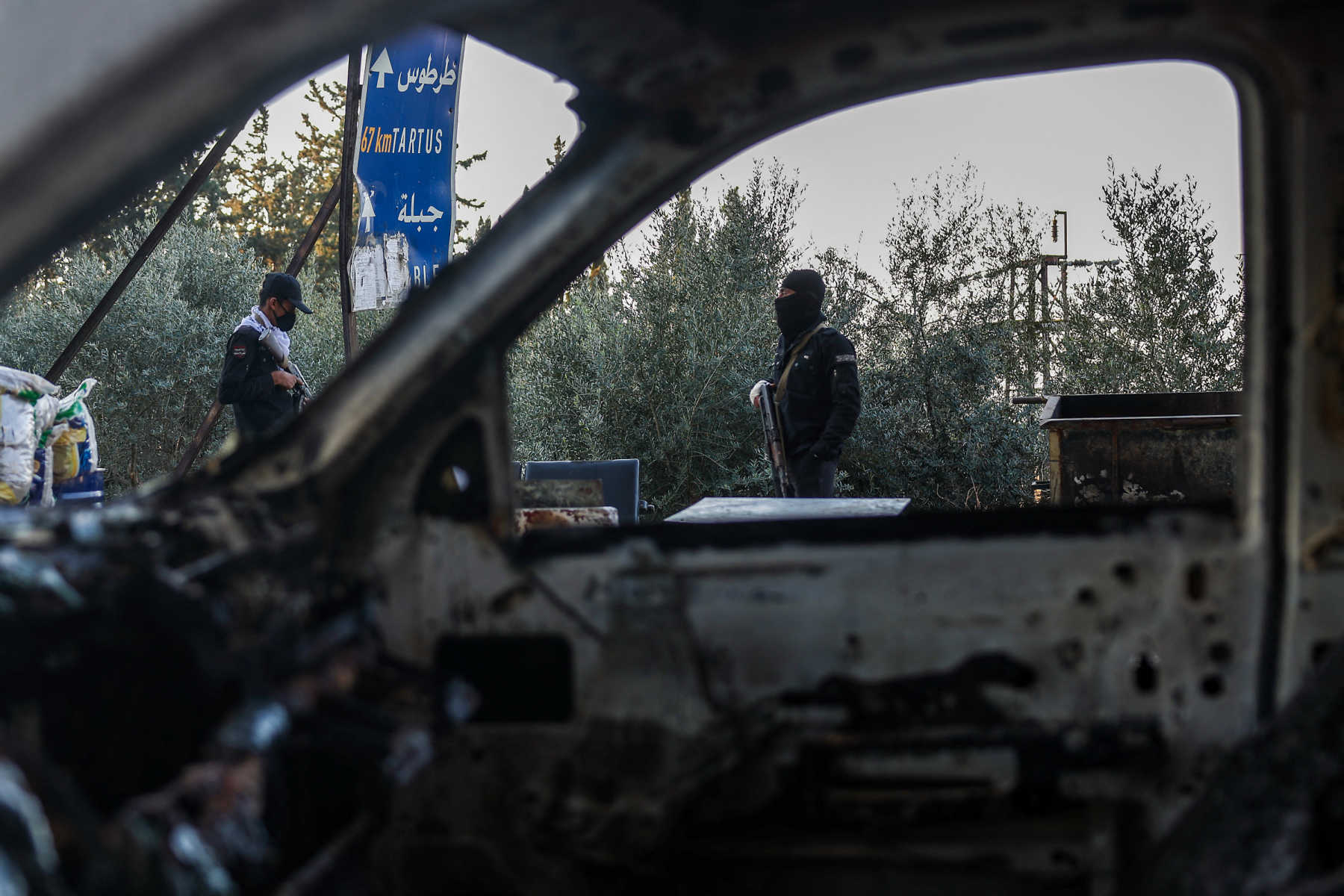Shadi Salem is a Palestinian writer from Gaza. In 2017, he co-founded the Edward Said Public Library, Gaza’s first English language library, with poet Mosab Abu Toha. His first book, Beneath the Gaza Sky, is forthcoming.
I left Gaza a month before the war, believing I would return soon—that my absence would be brief, and that I would find my family just as I had left them, in our home filled with the warmth of the life we had built together. But Gaza does not make promises, does not offer reassurances, and does not grant its people the luxury of planning. When I traveled to Malaysia for a cultural program, I thought I was leaving for a short time. But I did not realize that I was crossing from one reality to another, from life to waiting, from hope to endless anxiety.
When the war broke out, I was here in Malaysia, far away, following the news as if trapped in a nightmare I could not wake up from. I heard about the bombings and tried to imagine the streets I once walked through. I looked at the images, searching for my home, for a familiar corner, for something to assure me that everything was still as it was. But the truth was that nothing remained the same.
On February 16, 2024, my daughter Massa turned one. She was not in her home, not in her room, not among her toys. She was in a shelter, set up in a school in northern Gaza, where my family had taken refuge after staying at home became impossible under the relentless, indiscriminate Israeli bombardment that spared no neighborhood.
Her first birthday was supposed to be a day filled with joy. Her mother should have held a small cake, captured a picture of her first smile, and filled the room with laughter. But instead, her birthday was spent in a crowded room, no decorations, no colors, no music. There was only the darkness of war, the roar of Israeli jets overhead, and mothers clutching their children, fearing it might be their last night together.
She did not know that birthdays were meant to be celebrations, not moments of fear trapped in a bomb shelter.
- Shadi Salem
Massa was a baby who had not even reached the end of her first year of life, yet she had already lived through what no child should ever experience. She did not know safety, she did not know warmth, and she did not know that birthdays were meant to be celebrations, not moments of fear trapped in a bomb shelter. While mothers around the world celebrated with their children in safe, warm houses, her mother was only trying to find her some food, to shield her from the cold, to keep her alive.
Famine was knocking on the doors of northern Gaza. Food was scarce, and clean water was nearly nonexistent. Like thousands of Palestinian children in the besieged territory, my children went to bed hungry, woke up hungry, and lived on the little they could find, if they could find anything at all. There was no milk, no fruit, no food to make hunger disappear, only small bites to keep them breathing. On her first birthday, Massa did not get a cake. Instead, she got something cruel: her first experience with hunger, her first taste of deprivation, her first lesson in life in Gaza.
With every phone call, I heard my wife trying to sound strong, trying not to tell me the whole truth, not to burden me with more pain. But I knew. I heard the exhaustion in her voice, the cries of children in the background, the silent sound of war woven between her words.
"Everything will be fine," she would say. But I knew that in Gaza, "fine" had lost all meaning, short of not being killed yet.
I heard about the famine in the news, but I knew its wretched details from my family. There was no bread, no food, nothing but waiting. Waiting for a relief truck that might never arrive, waiting for another day of hunger, waiting for an end—no one knew when it would come. I knew my children were going to sleep on empty stomachs, I knew my wife was giving them every bite she could, enduring hunger for their sake. And I, in a place where food was not scarce, felt like a traitor with every meal I ate while they starved.
When the cease-fire came, I knew that the wounds had not healed, that the suffering had not ended, but at least we had a break from counting the dead every day. I started talking to my family more often and learned that they had returned to our home, or what was left of it. The house was not as I had left it. The place was not as I had known it. Everything was shattered—cracked walls, broken windows, every corner telling the story of a missile that had fallen nearby.
Massa did not choose to celebrate her birthday in war, but she was born in Gaza, where children grow up too soon, where innocence is tested in the harshest ways, and where celebrations are never what they should be.
- Shadi Salem
And yet, my wife was determined to celebrate Massa's second birthday there, to stay rooted in our home. The birthday could not, however, be inside our house, because it was completely destroyed, so she set up a tent beside its ruins. Among the rubble of what was once our house, beneath a fabric roof that barely kept out the cold, she tried to create a moment of joy in a place that had witnessed nothing but devastation.
Massa's second birthday was different from her first but still not as it should have been. There were no new toys, no gifts at all. But there was something her first birthday had lacked: some food, and a small smile on her tiny face.
Despite everything, my wife tried to make the day special, to create a moment of joy amid the ruins, to tell her, even in silence: "We are still here, we are still standing, and you still deserve to celebrate."

For me, Massa's second birthday was even harder than her first. On her first birthday, the war was raging, leaving no room for anything but survival. But on her second, I knew she had endured another year of deprivation, another year of fear, another year of her father not being able to return to Gaza to be with her, because of the war. I heard her voice through the phone, saw her in pictures, but I could not hold her, I could not kiss her, I could not tell her how much I missed her.
When Massa grows up, maybe she won't remember these days. Maybe she won't recall how her first birthday was spent in a shelter, or how her second was celebrated in a tent, next to the ruins of her family's house. But she will know that her father was not away by choice. She will know that I was here, carrying her in my heart, living in the hope of holding her again.
Massa did not choose to celebrate her birthday in war, but she was born in Gaza, where children grow up too soon, where innocence is tested in the harshest ways, and where celebrations are never what they should be. Yet she will also grow stronger, like all the children of Gaza. She will carry within her a story of resilience like no other.
And one day, when I return to her, I will hold her in my arms, tell her how much I missed her, and celebrate her birthday as it should be—not under the bombs, not among the rubble, but in a world she deserves, a world not made for wars and death, but for life. Happy birthday, Massa, despite everything.

















![Security forces loyal to the interim Syrian government stand guard at a checkpoint previously held by supporters of deposed president Bashar al-Assad, in the town of Hmeimim, in the coastal province of Latakia, on March 11, 2025. Syria's new authorities announced on March 10, the end of an operation against loyalists of deposed president Bashar al-Assad, after a war monitor reported more than 1,000 civilians killed in the worst violence since his overthrow. The Syrian Observatory for Human Rights said the overwhelming majority of the 1,068 civilians killed since March 6, were members of the Alawite minority who were executed by the security forces or allied groups. (Photo by OMAR HAJ KADOUR / AFP) / “The erroneous mention[s] appearing in the metadata of this photo by OMAR HAJ KADOUR has been modified in AFP systems in the following manner: [Hmeimim] instead of [Ayn Shiqaq]. Please immediately remove the erroneous mention[s] from all your online services and delete it (them) from your servers. If you have been authorized by AFP to distribute it (them) to third parties, please ensure that the same actions are carried out by them. Failure to promptly comply with these instructions will entail liability on your part for any continued or post notification usage. Therefore we thank you very much for all your attention and prompt action. We are sorry for the inconvenience this notification may cause and remain at your disposal for any further information you may require.”](https://dawnmena.org/wp-content/uploads/2025/04/syria-22039885951-350x250.jpg)











![Security forces loyal to the interim Syrian government stand guard at a checkpoint previously held by supporters of deposed president Bashar al-Assad, in the town of Hmeimim, in the coastal province of Latakia, on March 11, 2025. Syria's new authorities announced on March 10, the end of an operation against loyalists of deposed president Bashar al-Assad, after a war monitor reported more than 1,000 civilians killed in the worst violence since his overthrow. The Syrian Observatory for Human Rights said the overwhelming majority of the 1,068 civilians killed since March 6, were members of the Alawite minority who were executed by the security forces or allied groups. (Photo by OMAR HAJ KADOUR / AFP) / “The erroneous mention[s] appearing in the metadata of this photo by OMAR HAJ KADOUR has been modified in AFP systems in the following manner: [Hmeimim] instead of [Ayn Shiqaq]. Please immediately remove the erroneous mention[s] from all your online services and delete it (them) from your servers. If you have been authorized by AFP to distribute it (them) to third parties, please ensure that the same actions are carried out by them. Failure to promptly comply with these instructions will entail liability on your part for any continued or post notification usage. Therefore we thank you very much for all your attention and prompt action. We are sorry for the inconvenience this notification may cause and remain at your disposal for any further information you may require.”](https://dawnmena.org/wp-content/uploads/2025/04/syria-22039885951-360x180.jpg)







